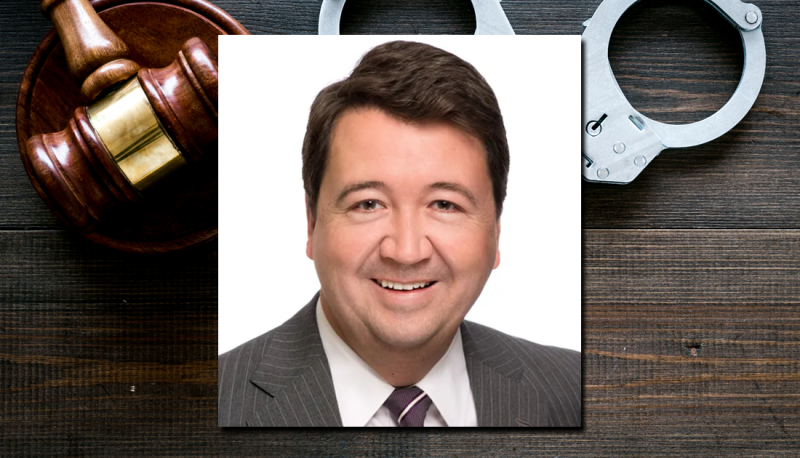“Confirmed Judges, Confirmed Fears” is a blog series documenting the harmful impact of President Trump’s judges on Americans’ rights and liberties.
Trump judge John K. Bush of the Sixth Circuit was the deciding vote in a 2-1 order in December 2018 that misread the law and ruled that an individual sentenced to death could not raise in federal court a contention that the state had improperly failed to disclose DNA and other evidence that could have led to him being absolved from the charges against him. Judge Karen Nelson Moore strongly dissented, pointing out that the majority was interpreting an important Supreme Court case on the issue as if the dissent was “actually the opinion of the Court.”
David Allen was sentenced to death for a robbery and murder in Ohio in 1991. After his state appeals were denied, he filed a claim in federal court (referred to as a petition for a writ of habeas corpus) under federal legal and constitutional provisions that authorize someone convicted in state court to challenge that conviction for violating the Constitution or federal law after state appeals are complete. When his habeas petition was denied by a lower federal court, he asked the appellate court to postpone his appeal after a state court decided to order DNA testing of gloves found near the scene of the murder. After proceedings that lasted more than a decade, state courts rejected his claims that the state had improperly failed to disclose the gloves and DNA evidence that could have led to his acquittal, and he moved in federal appellate court to have his habeas petition sent back to the lower court so he could raise the DNA claim as part of his habeas petition.
In a 2-1 decision in which Bush was the deciding vote in Allen v. Mitchell, 2018 U.S.App.Lexis 34242, the Sixth Circuit Court of Appeals denied the motion. The majority ruled that the motion was a “second successive” habeas application concerning the same underlying state conviction and that under federal law, it could not be considered unless Allen met the “high hurdle” of proving by “clear and convincing evidence” that “no reasonable factfinder” could have convicted him if the evidence had been presented. Under that standard, the majority rejected the claim.
Judge Moore vigorously dissented. Her primary reason was that the majority should not have ruled Allen’s argument a “second successive” claim under federal law because Supreme Court precedent provided that, contrary to the majority, an individual can properly raise a new argument without it becoming a “second successive” claim when the underlying information (in this case, the DNA evidence on the gloves) was not available earlier and the argument was raised as soon as it reasonably could have been. The majority’s opinion, she pointed out, interpreted a dissent by Justice Thomas in an important case on the issue (Panetti v. Quaterman) as if it was “actually the opinion of the Court.” In fact, Judge Moore pointed out, the majority’s ruling would give state prosecutors an incentive to “withhold materially exculpatory evidence until after a petitioner” completes his initial federal habeas claim.
Judge Moore explained that Allen should be able to have his claims fully considered by the federal district court. She concluded that the majority’s refusal to permit that, which resulted from Bush’s deciding vote, was “precisely the sort of ‘far reaching and seemingly perverse’ result the Supreme Court has twice extolled us to avoid” when constitutional rights are at stake in habeas proceedings.

